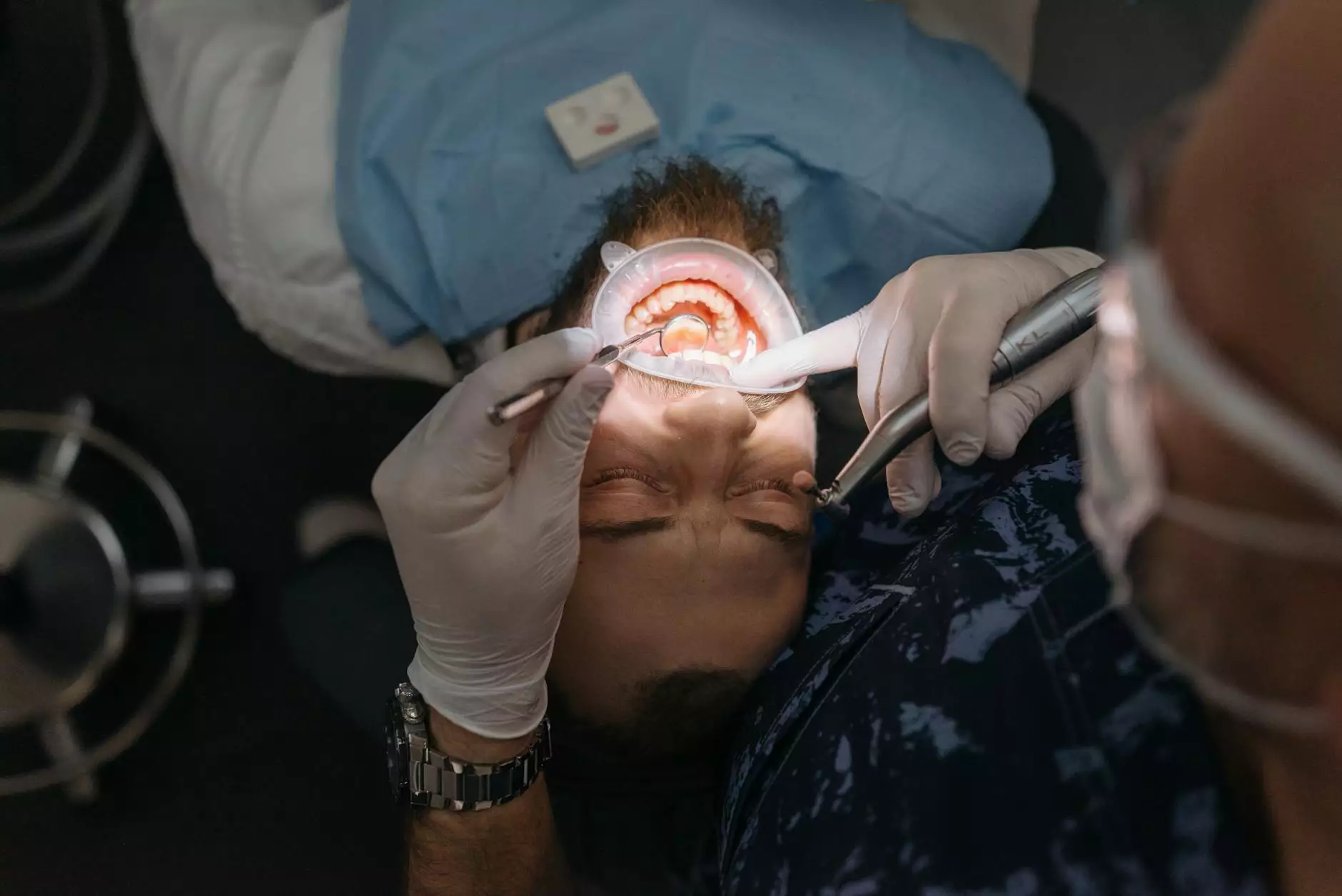Understanding the Role of a Medical Instruments Store

The healthcare industry is evolving rapidly, and the demand for high-quality medical instruments is increasing significantly. A medical instruments store plays a crucial role in this ecosystem by providing essential tools for healthcare professionals to deliver effective patient care. In this article, we will delve into the significance of medical instruments stores, the types of products they offer, and how they contribute to the overall healthcare landscape.
The Importance of Medical Instruments in Healthcare
Medical instruments are vital in diagnosing, treating, and monitoring patients. These tools can range from simple devices to intricate machinery, each serving a specific purpose in various medical practices. Here's why they are essential:
- Accuracy: Quality medical instruments ensure accurate diagnoses and effective treatments.
- Efficiency: Well-designed tools streamline medical procedures, making them quicker and more efficient.
- Patient Safety: Reliable instruments reduce the risk of errors, enhancing patient safety.
- Technological Advancements: With rapid advancements in technology, medical instruments are evolving to become more effective and user-friendly.
Categories of Products in a Medical Instruments Store
Medical instruments stores typically categorize their products to make it easier for healthcare providers to find what they need. Here are the main categories:
1. Health & Medical
This category encompasses a broad range of products that promote health and wellness. It includes:
- Diagnostic instruments such as stethoscopes and otoscopes
- Therapeutic equipment like ultrasound machines
- Patient monitoring devices including ECG monitors and blood pressure cuffs
2. Health Markets
Health markets refer to specific segments within the broader healthcare industry that require specialized instruments. Key items include:
- Instruments for emergency care, such as defibrillators
- Surgical instruments like scalpels and forceps
- Rehabilitation tools including walkers and wheelchairs
3. Medical Supplies
This category includes consumables and disposables that are essential for patient care. Popular items are:
- Bandages and dressings
- Gloves and masks
- Needles and syringes
Navigating the Selection Process in a Medical Instruments Store
Selecting the right medical instruments can be daunting due to the vast array of options available. Here are some practical tips to help healthcare professionals make informed decisions:
1. Assess Your Needs
Before visiting a medical instruments store, it's essential to evaluate the specific needs of your practice or department. Understand the types of procedures you perform regularly and the instruments required for each.
2. Focus on Quality
Investing in high-quality medical instruments is crucial. Look for brands with reputable histories and positive reviews from other healthcare professionals.
3. Compare Products
Take the time to compare different products. Look at features, prices, and warranties. Many stores provide opportunities to demo equipment, which can be invaluable to the selection process.
4. Stay Updated on Innovations
Healthcare technology advances continuously. Stay informed about new products and innovations that could benefit your practice.
The Future of Medical Instruments Stores
As the healthcare landscape continues to evolve, so too will the role of medical instruments stores. Here are some trends to watch for:
1. Increased Online Presence
The rise of e-commerce is changing how healthcare professionals purchase instruments. Online medical instruments stores, such as New Med Instruments, allow for easier access to a vast range of products and often provide detailed information and customer reviews.
2. Emphasis on Sustainability
As sustainability becomes more important, medical instruments stores may begin to offer more eco-friendly products. Biodegradable and recyclable materials will likely gain traction in the industry.
3. Integration of Smart Technology
The integration of smart technology into medical instruments is on the rise. Products that feature IoT capabilities can provide real-time data to healthcare providers, enhancing patient care and operational efficiency.
Conclusion: Empowering Healthcare Professionals
In summary, a medical instruments store is more than just a retailer; it is a vital partner in the healthcare ecosystem. By providing essential tools, they empower healthcare professionals to deliver quality patient care. As technology continues to evolve, these stores will adapt and innovate, ensuring that medical professionals have access to the best instruments available.
For more information and to explore a wide range of quality medical instruments, visit New Med Instruments today!









